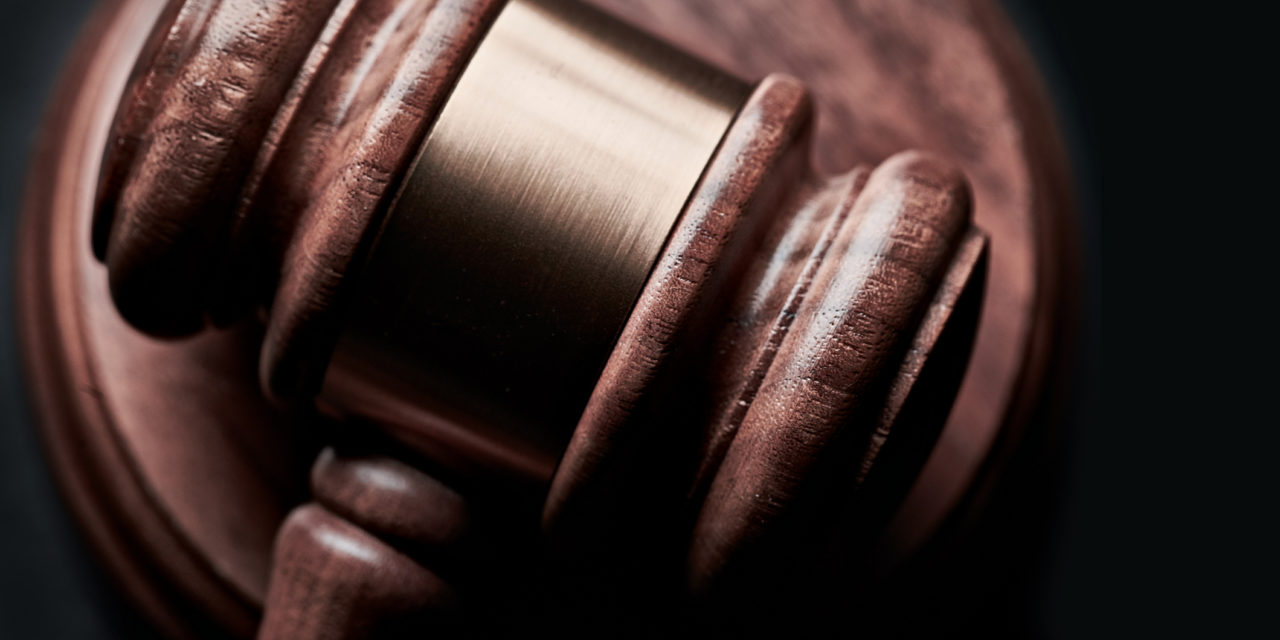Three new lawsuits have been filed challenging the Department of Labor’s (DOL) new rules impacting the H-1B visa category, with one also challenging the Department of Homeland Security’s (DHS) new H-1B rule.
The complaints argue that the new H-1B rules will make it near impossible for many U.S. businesses to hire foreign workers—particularly those in the Science, Technology, Engineering, and Math (STEM) fields. The timing of these rules—with the COVID-19 pandemic still raging in the United States—could not be worse.
All three lawsuits challenge the way in which the agencies enacted the rule. The agencies did not provide the public notice and an opportunity to comment. The lawsuits also claim the rules are not supported by adequate reasoning and evidence.
The new DOL rule raises the minimum salaries companies must pay to qualify to sponsor a worker in a specialty occupation, the H-1B category. This makes hiring foreign workers with an H-1B visa largely out of reach for most companies. The DOL rule also impacts two immigrant visa categories, which will increase shortages in such critical occupations as nursing.
The DHS rule redefines what jobs will qualify as specialty occupations when compared with existing law and places unreasonable limitations on the placement of H-1B workers at third-party sites.
The H-1B is a temporary (nonimmigrant) visa category that allows employers to petition for highly educated foreign workers in “specialty occupations” requiring at least a bachelor’s degree or the equivalent—typically in STEM fields.
DOL and DHS published simultaneous rules on October 8, 2020. The DOL rule became effective immediately, while the DHS rule takes effect on December 7
The first lawsuit to challenge DOL’s rule—IT Serve Alliance, Inc. v. Scalia—was brought on behalf of a membership organization of information technology companies and seven member companies. Plaintiffs argue that DOL will require “exponentially higher rates” with no notice. They also take aim at the rule because it is based on “outdated, incorrect, or limited empirical data.”
The second lawsuit to challenge DOL’s rule, Purdue University v. Scalia, was brought on behalf of Purdue University, Indiana University, the University of Michigan, as well as several trade associations.
A third lawsuit was filed by the U.S. Chamber of Commerce, Stanford University, Cornell University, the California Institute of Technology, and several business associations in the Northern District of California on October 19. The lawsuit, U.S. Chamber of Commerce v. DHS, challenges both the DHS and DOL rules.
The lawsuits attack the way in which the rules were issued as “Interim Final Rules.” That means that the public and advocates don’t have an opportunity to inspect and comment on the rules before they go into effect. A rule can only be issued as “interim final” if the agencies can show “good cause,” which DHS and DOL fail to do.
The lawsuits also challenge the economics – or lack thereof – that inform the DOL rule and in the case of the Chamber of Commerce lawsuit, the DHS rule as well. Both lawsuits claim that the agencies did not adequately explain why they were adopting the rules or consider the interests of various constituents who would be affected by the rules.
Without explanation, employers “now must pay dramatically higher wages for foreign national employees as compared to similarly situated Americans; in some case the required wages increased 50% overnight,” according to the Purdue University complaint.
The consequences “are extraordinary,” according to the Chamber of Commerce lawsuit:
“If left unchecked, they would sever the employment relationship of hundreds of thousands of existing employees in the United States, and they would virtually foreclose the hiring of new individuals via the H-1B program.”
The lawsuits seek preliminary injunctive relief, which would mean a fast decision to halt the new rules and keep the status quo in place.
Now more than ever, the status quo for highly skilled workers cannot be disrupted. The U.S. needs highly skilled workers, especially in the fields of science and medicine, to wage the war on COVID-19. These lawsuits act as a check on the administration’s efforts to stop the flow of foreign workers by any means necessary.
FILED UNDER: H-1B


